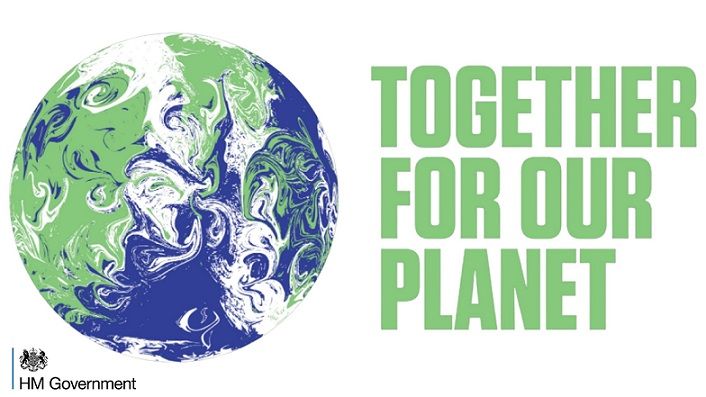The impacts of climate change are growing and time is running out. We can take collective action, but it needs strong leadership, explains our CEO Dr Laurence Couldrick.
In 2015 in Paris, several countries of the world came together to agree collective action, but we have not done enough to limit climate change and we have now reached a tipping point.
Compared to 2015, the impacts of climate change are front and centre, even in the tail end of a global pandemic. Continuous news about devastating floods, droughts, fires and pollution health scares bombard us and the numbers of people who do not acknowledge a changing climate are reducing.
This should mean that acceptance of the need to act is higher and Covid-19 has shown we can take decisive and comprehensive actions at a global scale.
However, unlike Covid-19, the impacts of climate change are not distributed equally and so therefore the potential for collective action is much harder. This is why COP21 in Paris did not lead to the changes we need to see and why COP26 will be a challenge to get significant sign up across all nations.
If we are to reach the emissions targets there needs to be the same collective global leadership as indicated during the pandemic and, as a society, we may face equally unpopular actions that restrict individual and collective goals and ambitions.
This will not be easy and there are no quick fixes to this problem. Without sufficient action the costs of already ‘locked in’ floods, fires and droughts will be increased to the scale where we will see significant climate refuges that can no longer survive.
This week is pivotal in terms of this collective global leadership. Our futures are in their hands. But it is still vital we all play our part. For Westcountry Rivers Trust this means trying to minimise the impact our charity has during its operations but also ensuring that the advice, works and grants we deliver build carbon stores both now and in the future.
This means investing in nature-based solutions whether it be soil management to control run-off, wetland restoration to buffer agriculture or riparian tree planting to protect river habitats.
We will also play our part by supporting individual climate resilience and reducing environmental anxiety through the sharing of evidence-based and scientific research which underpins potential solutions and opportunities.
Keeping our rivers healthy is instrumental to our current and future wellbeing. People can care for their river or freshwater environments both through actions to reduce their carbon and ecological footprint but also by helping us to monitor the health of them.
By doing so, we can use this vital information as an indicator for where and when to act locally as well as empowering communities to take action where they are.
Our Westcountry Citizen Science Investigations depends on volunteers keen to do something to safeguard our natural world while we wait with baited breath to discover what the world’s political leaders will commit to for our climate.
Find out more about Westcountry CSI or sign-up to get started at wrt.org.uk/project/become-a-citizen-scientist/
On 6 November a Global Day of Action for Climate Justice will take place for concerned citizens to call for leaders at COP26 to make progress on this issue.

